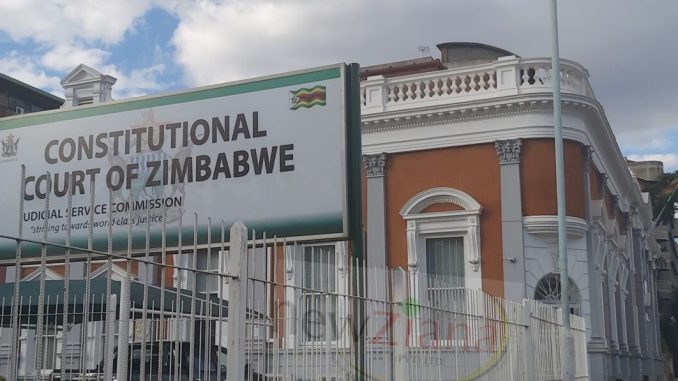New Brunswick’s Child and Youth Well-Being Act has been in effect for a year, and there are contradictory accounts of how it has changed the government’s approach to child-custody cases.
According to the Department of Social Development, there are improvements, but a recent New Brunswick Court of Appeal decision suggests officials don’t always act in the spirit of the legislation’s “child-centric” philosophy.
“Anecdotally we’re seeing the evidence its getting better,” the deputy minister, Jim Mehan, told the legislature’s public accounts committee last week, though he acknowledged there isn’t enough data to say for sure.
In the court of appeal case, Justice Kathleen Quigg wrote that the province’s approach in the case of a 12-year-old boy “is inconsistent with the purpose and intent of the act.”
Quigg said in a 25-page decision that the province’s logic would lead to an “absurd” phenomenon of everyone but a child’s parent having the right to ask the court for permission to have contact with a child.
“An interpretation that accepts arbitrary distinctions or promotes inefficiencies within the justice system cannot be adopted, because the legislature does not intend absurd consequences,” she wrote.
This ignores the child’s rights rather than focusing on them.– Justice Kathleen Quigg
The Child and Youth Well-Being Act was adopted by the legislature in 2022 but only took legal effect in January 2024.
It was designed to improve how the province handles child protection cases — situations where the government must step in and remove a child from their parents’ custody for the child’s own safety or well-being.
The new legislation added, for example, the ability for the province to place a child in the care of relatives, to preserve family connections.
“The old act was more supporting the parents. The new act is more focused on the child,” Mehan said at the committee session.
But in the case of the boy identified only as “B.,” the three appeal court justices concluded the province wasn’t living up to that.
Legislation is ‘child-centric’ but appeal judge says government didn’t take that approach in guardianship case.
The ruling said that B.’s father had “struggled to take care of him” and the province took over guardianship of the boy and placed him a group home.
There was still “a loving relationship,” however, so the judge in the custody hearing gave B.’s father, C.G., the right to have regular contact with his son.
The province appealed that decision, arguing only the minister has that authority under a section of the act that says the minister has “the sole discretion” to grant a request from a parent for contact.
The appeal court upheld the granting of contact to the father, concluding that the wording of the law doesn’t explicitly preclude it.
“To prevent courts from ordering contact, then wait for the minister to decide whether to grant contact, and possibly have to further wait for judicial review of the Minister’s decision if the minister denies the former parent contact” was inconsistent with the act, she wrote.
Those delays “could, in some cases, work against the concept of the best interests of the child and these integral connections” with family members, she continued.

A spokesperson for the department would not comment on the ruling or say whether it will try to appeal to the Supreme Court of Canada.
“The department is still reviewing the decision,” Kate Wright said in an email. “The department will respond in due time if necessary.”
Green Party MLA Megan Mitton said Quigg’s ruling raised an important issue.
“The act, I guess, isn’t making a difference in every case that it should, because prioritizing kinship — prioritizing the well-being of child and youth in the system which is meant to serve them — was the whole idea, so if that’s not happening, it’s frustrating,” she said.
The ruling pointed out that B. himself wanted to maintain contact with his father.
Mehan said last week at the committee session that a key feature of the new act was “the focus on the rights of the child … and ensuring the child is heard in that decision-making.”
Quigg’s ruling pointed out that nothing in the new act lets a child request contact, leaving it up to the parent, who may lack the resources or capacity to pursue it.
“This ignores the child’s rights rather than focusing on them,” she said.
#Provinces #approach #childcustody #case #laws #intent #court













Leave a Reply